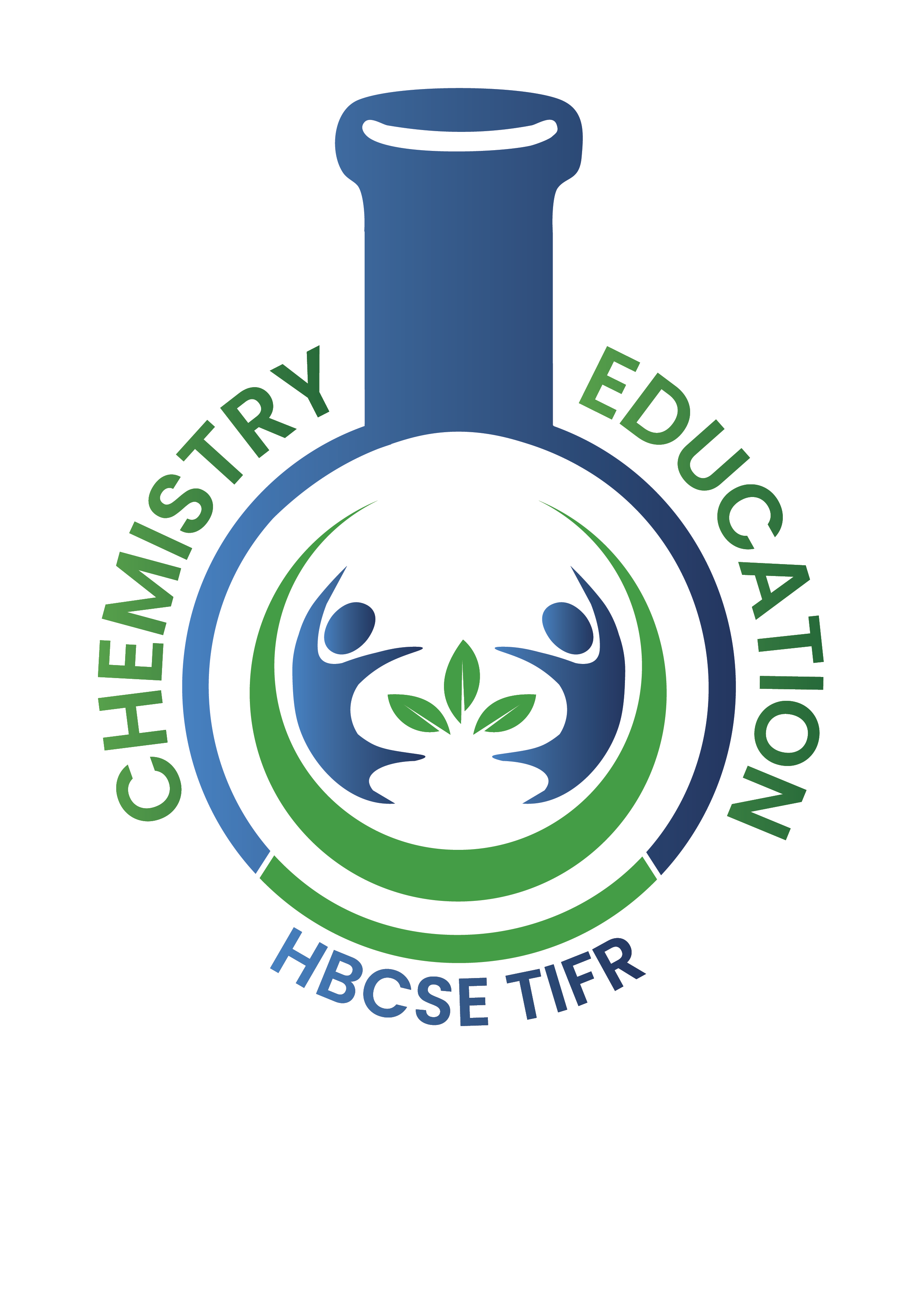Experiments
Experiments developed for the Indian Chemistry Olympiad programme
The experiments presented below are developed and standardized by members of the chemistry group as part of the Indian Chemistry Olympiad programme at HBCSE. Engagement with this work has been an enriching experience as it has helped to develop insights about aspects such as safety, the technical demands of the experiment, modification of procedural steps wherever necessary, identification of crucial variables for a given experiment, objective assessment schemes. Each experiment is associated with questions related to the experimental procedure that generate opportunities for students to comprehend the experimental procedure. Thus, we feel that these experiments help students to understand and appreciate the principles of chemistry grounded in experimental learning.
While presenting these experiments in online mode, we also have presented additional background in introductions to bring interesting and enriching contexts to these experiments.
- Synthesis of dibenzalacetone
- Synthesis of an Azo Dye: Sudan 1
- Estimation of Cu and Ni present in Monel alloy using titration technique
- Estimation of metal cations present in an antacid using complexometric titration
- Synthesis and Analysis of an Inorganic Complex
- Synthesis and analysis of amides
We have created small videos for each experiment and have uploaded them as part of the experiment. This work is in progress.
A booklet of past OCSC experiments
Experimental modules developed for the NIUS-chemistry programme
The following experimental modules are developed by members of the chemistry education group at HBCSE and are given as mini-projects to first year undergraduate students who participate in the enrichment-cum-selection camps of NIUS chemistry programme of HBCSE over years. The responses of students have been very encouraging. They have gathered interesting data while working with these modules, and have gained important insights reflecting on their findings.
These modules are primarily investigatory in nature and we strongly recommend that they should be conducted as group activities when used or adapted as part of the regular chemistry laboratory.
The safety of the students is one of the most important aspects that is kept in mind while developing and standardizing these experiments. Often the technical demands of these experiments and the chemical consumption while performing these experiments is low and thus, the chances of accidents in the laboratory are minimized.
Investigating the reaction between KMnO4 – H2C2O4
Separation and purification of organic compounds
Determination of amount and percentage of aspirin from given sample of tablet
